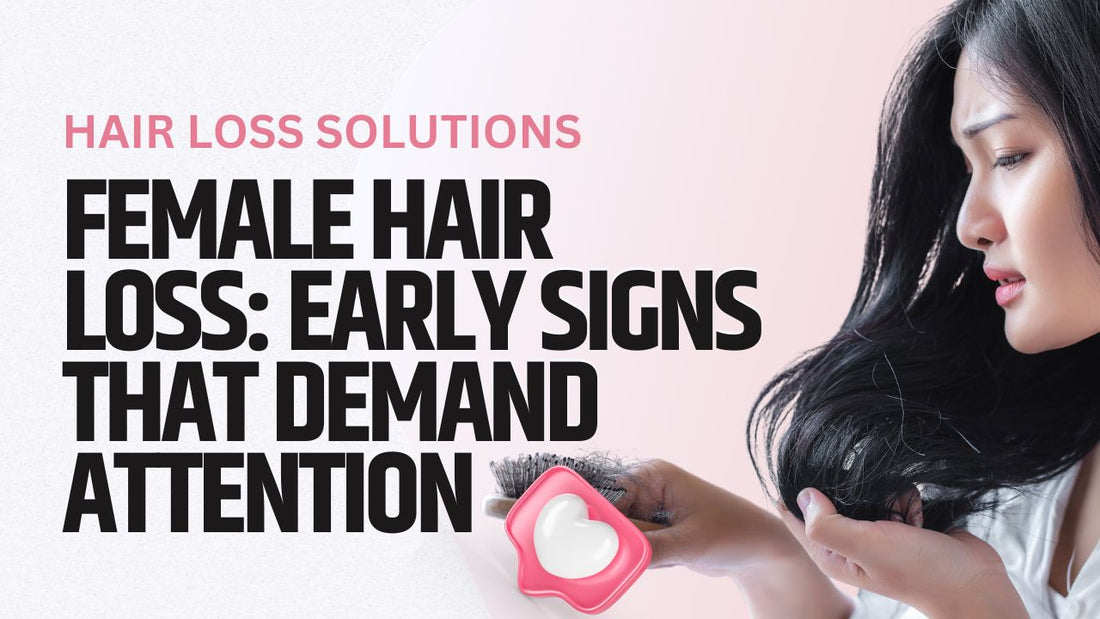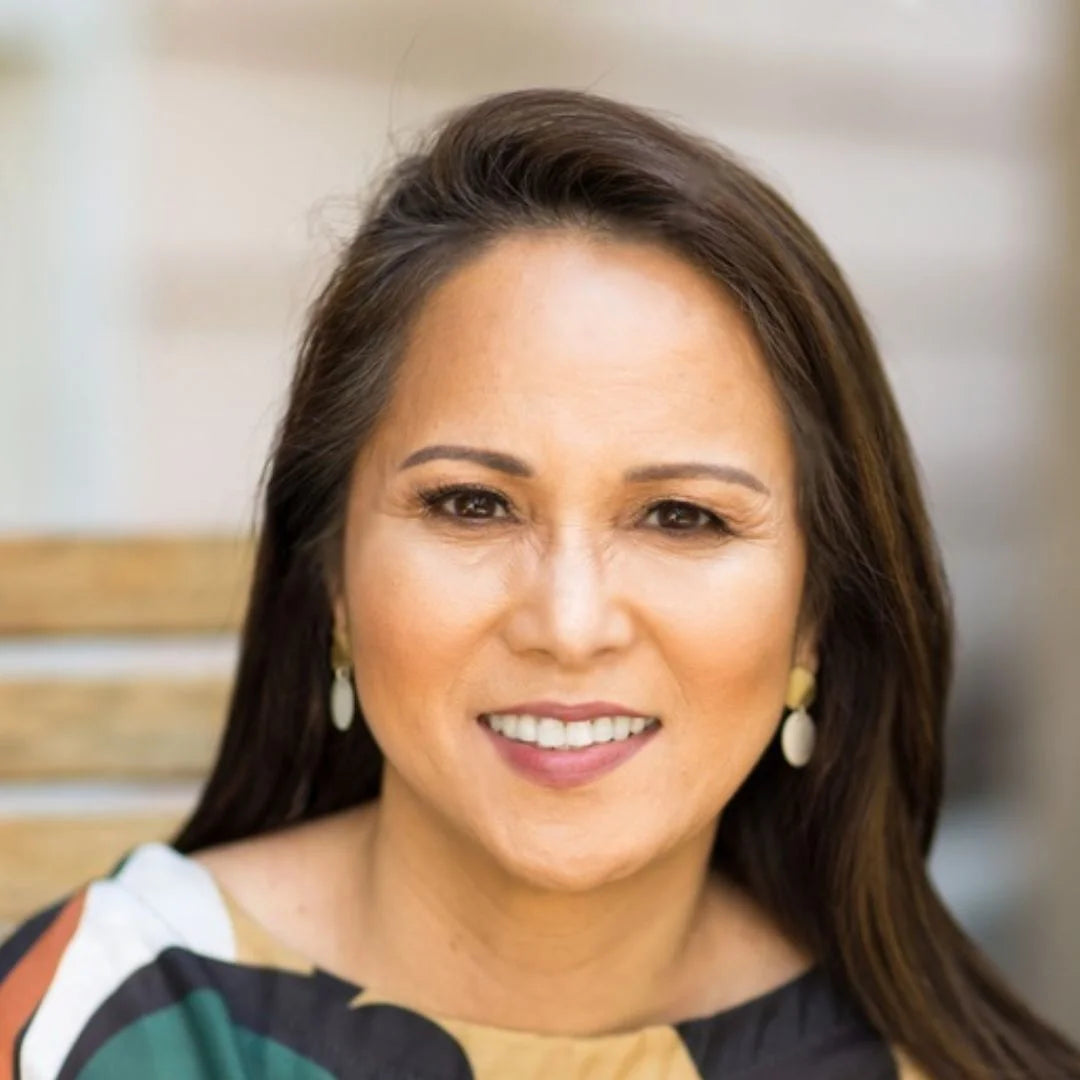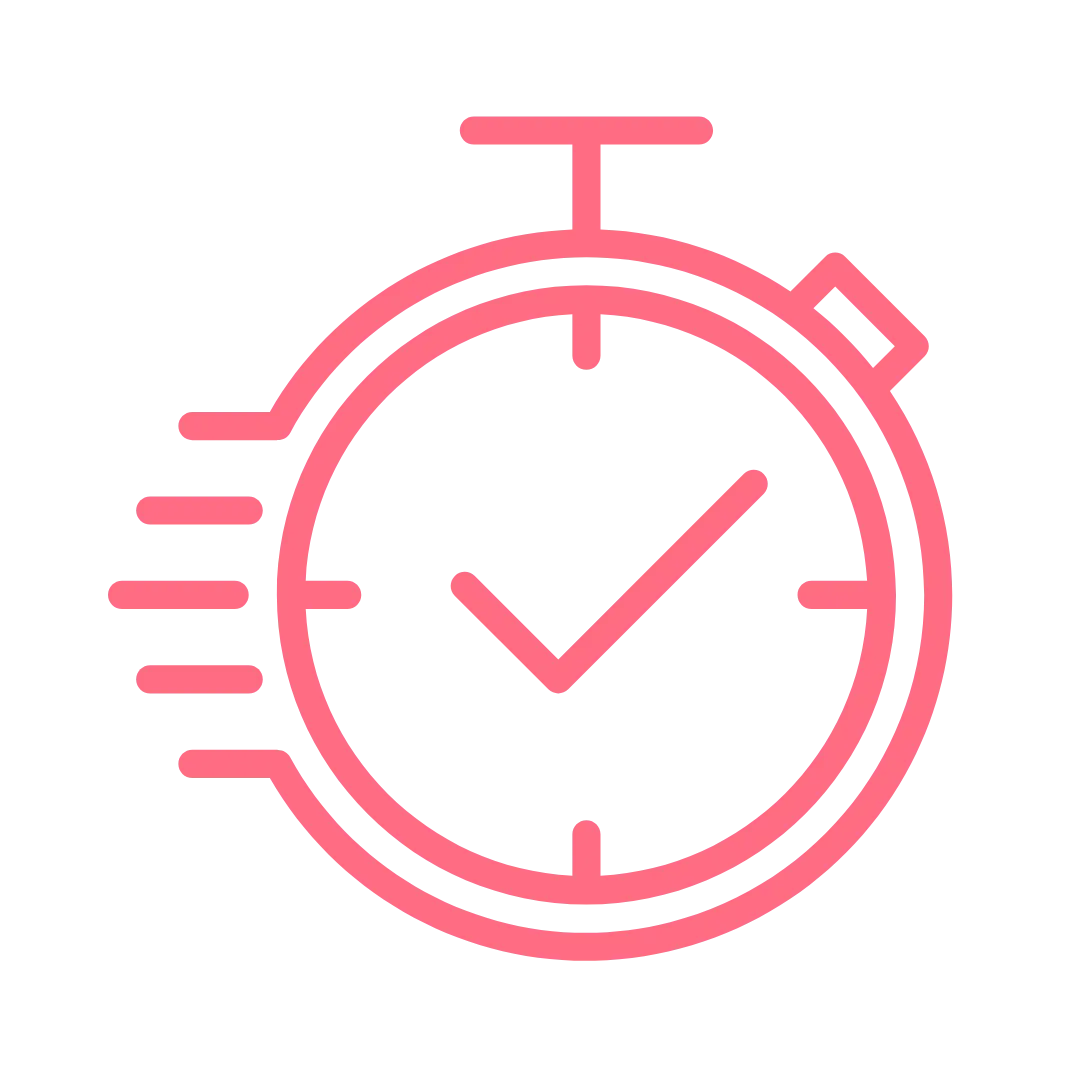
Female Hair Loss: Early Signs That Demand Attention
Share
In the journey through life, our hair often acts as a silent herald, marking the passing of time with its length, the stress of life with its texture, and sometimes, the trials of health with its loss. Female hair loss, particularly, is a subject often shrouded in silence, despite its profound impact on psychological well-being. It is through understanding and early detection that we can arm ourselves with the tools to address this sensitive issue. The following article aims to illuminate the path to recognition, understanding, and management of hair loss in women, fostering a message of proactive health care and positive intervention.

Understanding Hair Loss in Women
The Biology of Hair Growth
Our hair's life cycle is an intricate process involving growth, rest, and shedding. Typically, a healthy scalp will see hair go through these stages seamlessly. However, disruptions in this cycle can lead to what many women fear—hair loss. Understanding this cycle is foundational in recognizing deviations that may signal the onset of hair loss.

Common Myths vs. Facts
A plethora of myths surround hair loss in women, leading many astray in their quest for truth. It is often believed, for instance, that hair loss is solely a male problem or that it's purely genetic. In reality, while genetics play a role, they do not consign one to an unchangeable fate. Dispelling such myths not only educates but also empowers women to seek appropriate care and solutions.
Early Signs of Female Hair Loss
Recognizing the Subtle Beginnings
Early signs of hair loss in women can be as subtle as a few extra strands on a pillow or a slightly wider parting. These signs can be easy to dismiss, yet recognizing them is vital for timely intervention. Often, it's not the dramatic clumps of hair that signal a problem, but the steady, unnoticed increase in shedding that requires attention.

When to Be Concerned
The line between normal hair shedding and early hair loss can seem as fine as a strand of hair. Generally, losing 50 to 100 hairs a day is considered normal. However, when the amount increases consistently, it may be time to take note. Monitoring and documenting changes can help distinguish a bad hair day from the early stages of hair loss.
Contributing Factors to Female Hair Loss
Genetic Predispositions
Genetics undeniably plays a role in hair loss, with certain hereditary conditions predisposing women to this condition. If your family tree shows a pattern of hair loss, it doesn't seal your fate but rather highlights the need for vigilance and early action.
Hormonal Changes and Life Stages
A woman's life stages are often accompanied by hormonal shifts—puberty, pregnancy, and menopause being prime examples. Each of these stages can impact hair growth, sometimes leading to hair loss. Particularly, conditions like polycystic ovary syndrome (PCOS) or thyroid imbalances can herald changes in hair health.

Lifestyle and Environmental Triggers
Everyday stress, dietary choices, and even the environment can have a significant impact on hair health. Stress can push hair follicles into a resting phase, diet can deprive them of vital nutrients, and environmental factors like pollutants can weaken the hair structure. Identifying these triggers is the first step in mitigating their effects.

As we transition into the psychological implications of hair loss and the proactive steps women can take, it becomes clear that this is not just a matter of aesthetics but one of overall health and self-perception. This journey requires both understanding and action, with informed choices paving the way towards effective management and treatment.
The Psychological Impact of Hair Loss on Women
The silent struggle with hair loss can carve deep emotional scars. Women often view their hair as a marker of their femininity and individuality. To lose such a vital aspect of one’s identity can usher in a period of mourning, often accompanied by a tangible loss of self-esteem. It is imperative to acknowledge this emotional toll and confront the underestimation of its impact. Providing empathetic support and understanding is as crucial as addressing the physical aspects of hair loss. Strategies to bolster emotional resilience, including seeking support from communities or professional help, can be an integral part of the healing process.

Medical Consultation and Diagnosis
When to See a Doctor
Embarking on a medical journey can be daunting. It is essential to know that the optimal time to see a specialist is when hair loss begins to concern you. Selecting the right healthcare professional is pivotal; a dermatologist specializing in hair disorders would be an ideal choice. An initial consultation should focus on understanding the history of your hair loss, lifestyle factors, and any underlying health conditions.

Tests and Diagnosis
A doctor might suggest a range of tests to uncover the root cause of hair loss. These could include blood work to rule out nutritional deficiencies or hormonal imbalances, scalp biopsies to examine hair follicles, or pull tests to measure the severity of the condition. Preparing for these consultations is crucial; arm yourself with questions, keep a diary of your hair loss, and be ready to discuss your medical history in depth.
Treatment and Management of Female Hair Loss
Conventional Treatments
There exists a spectrum of traditional treatments for hair loss, from over-the-counter minoxidil to prescription drugs. These treatments have varying degrees of efficacy and can be tailored to individual cases by a healthcare professional. It is crucial to set realistic expectations and understand that responses to these treatments can vary widely.
Emerging Therapies and Research
Science continually pushes the boundaries of our understanding, bringing forth innovative treatments. Laser therapy, platelet-rich plasma (PRP) injections, and even stem cell research offer promising results. Staying informed about these emerging therapies provides hope and the possibility of finding a solution that works for you.

Holistic and Lifestyle Approaches
Complementing medical treatments with holistic approaches can be beneficial. Stress reduction techniques, nutritional adjustments, and gentle hair care practices contribute to overall hair health. These approaches emphasize the prevention and management of hair loss by creating a conducive environment for hair growth and retention.

As we journey through the complexity of female hair loss, it's clear that the paths to addressing it are as individual as the women who walk them. The intertwining of emotional well-being with physical health underscores the need for comprehensive care. In the final section of this discussion, we will explore the role of innovative products like Proactive Rosemary Hair Booster Oil in a holistic hair care regimen and wrap up with a conclusive synthesis of our findings, guiding you toward a hopeful and proactive approach to managing hair loss.
Proactive Hair Care with Proactive Rosemary Hair Booster Oil
Introducing Proactive Rosemary Hair Booster Oil
In the fight against hair loss, Proactive Rosemary Hair Booster Oil emerges as a formidable ally. Developed with a blend of natural oils known for their hair health benefits, this product is more than just a temporary fix—it’s a contribution to the overall health and longevity of your hair.
Ingredient Spotlight and Benefits
Every ingredient in the Proactive Rosemary Hair Booster Oil serves a purpose. Let’s distill the essence of these components:
- Rosemary Leaf Oil: Often hailed for its ability to stimulate hair growth and circulation to the scalp.
- Grape Seed Oil: Known for its moisturizing properties and ability to combat dryness.
- Castor Seed Oil: A powerhouse for promoting hair growth and reducing hair fall.
- Jojoba Seed Oil: Mimics the natural oils of the scalp, regulating sebum production.
- Lavender and Peppermint Oil: Provide a calming effect on the scalp and can soothe irritation.
- Tea Tree Oil: Its antimicrobial properties keep the scalp healthy and free of dandruff.
- Bisabolol: An active plant extract with anti-inflammatory properties, promoting scalp health.
How to Use Proactive Rosemary Hair Booster Oil
For optimal results, Proactive Rosemary Hair Booster Oil should be applied directly to the scalp and massaged gently, ensuring deep penetration. This product is designed for convenience; there's no need to mix it with carrier oils due to its balanced formulation. Alternatively, adding a few drops to your shampoo can transform a regular hair wash into a therapeutic routine.
Incorporating into a Holistic Approach to Hair Health
Integrating the Proactive Rosemary Hair Booster Oil into your daily regimen is a step towards holistic hair care. It complements medical treatments and should be part of a broader strategy that includes a balanced diet, stress management, and proper hair maintenance.
Navigating Towards Hair Wellness
The narrative of female hair loss is often tinged with undertones of struggle and frustration. However, it is through informed, empathetic, and proactive measures that this narrative can be changed. Acknowledging the issue, seeking professional guidance, and taking practical steps at home are the hallmarks of a strategy designed to not only address hair loss but also to promote hair health.
By staying abreast of the latest in hair care science, engaging with holistic practices, and utilizing targeted treatments like Proactive Rosemary Hair Booster Oil, there is a multi-faceted approach at your disposal. It’s about taking control, being proactive, and not just hoping for the best, but making the best decisions for your hair’s health.
FAQs
As we conclude, let’s address some frequently asked questions to clarify any lingering uncertainties you may have:
How often should I use Proactive Rosemary Hair Booster Oil for the best results?
For best results, it is recommended to use the oil at least twice a week. Consistency is key to seeing improvements.
Can I use Proactive Rosemary Hair Booster Oil if I have a sensitive scalp?
Yes, the oil is formulated with natural ingredients known for their soothing properties. However, as with any new product, it's advisable to do a patch test first.
Will Proactive Rosemary Hair Booster Oil work for all types of hair loss?
While Proactive Rosemary Hair Booster Oil is designed to support hair health and may aid in various types of hair loss, it is essential to consult with a healthcare provider to address the underlying causes of hair loss.
How long does it take to see results from using Proactive Rosemary Hair Booster Oil?
Hair growth is a gradual process. Some users may see results in as little as a few weeks, while for others, it may take longer. Patience and regular use are critical.
Through this comprehensive exploration, our hope is that you feel more equipped and hopeful about addressing female hair loss. Remember, the key to success lies in the early recognition of symptoms, seeking qualified advice, and adopting a holistic and proactive approach to your hair care routine.

















